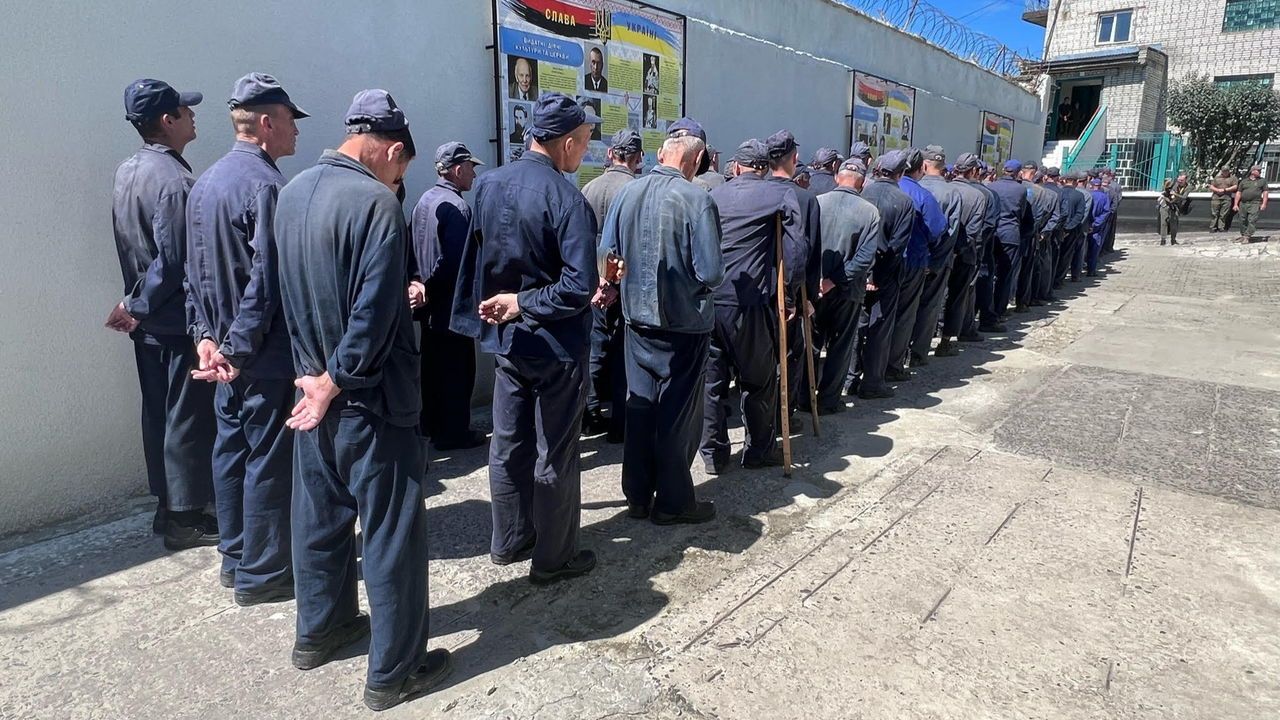- by
- 01 30, 2025
-

-
-
Loading

Loading


ANDREY WASPWPW in prison for murder in Russia’s Ivanovo region, north-east of Moscow, when army recruiters came by and offered him a good salary and a record wiped clean in exchange for six months’ service. Two weeks after arriving at the front he stepped on a mine, lost his foot and was saved by Ukrainian troops. “If I had known the consequences of joining, I would not have done it,” he says dryly. Now he is reading a crime thriller in a prisoner-of-war camp near Lviv, hoping he will be exchanged soon.Andrey’s chances are good. After Russian soldiers are captured, they move through a series of detention centres before arriving at this o camp. Visitors are asked not to reveal its exact location. Arrival here means that being exchanged is the probable next step, unless interrogation by Ukraine’s intelligence services implicates the o in a . Some prisoners ask the Ukrainian authorities to delay their exchange until after their military contracts have expired so that they are not compelled to fight again. A few ask not to be returned at all; but then they have to remain in custody until the war is over, unless they volunteer to fight in the that Ukraine sponsors.